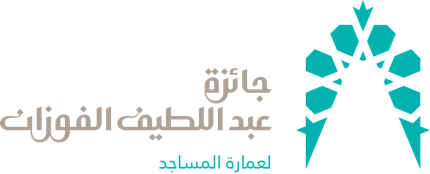
MAINTAINING OR NEGOTIATING IDENTITY: THE SOCIO-POLITICAL DYNAMICS OF COMMUNITY MOSQUES IN MALANG, EAST JAVA, INDONESIA
تاريخ الاضافة
11/06/2022
نوع المحتوى
Article
Category
Magazine
الرابط للمحتوى
Subject Area
Mosques
الكاتب
Bambang Setia Budi Yulia Eka Putrie Widjaja Martokusumo
الناشر
Journal of Islamic Architecture
Year of Publication
2018
الوصف
The contemporary dynamics of mosque development in Indonesia is closely
related to the socio-political dynamics of various Islamic groups or
organizations such as Nahdlatul Ulama, Muhammadiyah, etc. A great number
of mosques in Indonesia have been built by Muslim communities affiliated to
one of these Islamic groups. In this case, mosque architecture can be
considered as one means of expression of the communities’ specific
identities which derived from their particular perspectives on the ideal
picture of a mosque. However, there is also another case where a mosque is
built by a heterogeneous Muslim community. In this context, the image of an
ideal mosque becomes the object of negotiations among the diverse affiliated
members. This paper discusses to what extent these socio-political dynamics
affect the identity representation of community mosques in Malang, one of
the regions in East Java where the dynamic interactions among various
Islamic groups take place. The result shows that the attempts to represent
identity in the community mosques are related to the socio-political dynamic
of the Muslim communities. In the mosques of the specific groups, some
architectural elements, such as the iconographic ornaments and colors, the
spatial arrangement, and the specific features are maintained to represent
their specific identities. However, in the mosques of the heterogeneous
Muslim communities, these elements are negotiated and challenged by the
community members. These negotiations could result, whether in the mutual
understanding and tolerance, or in the space claim attempts by the dominant
group through the domination of the activity systems, the role restrictions,
and the physical control over the mosque.
Files





